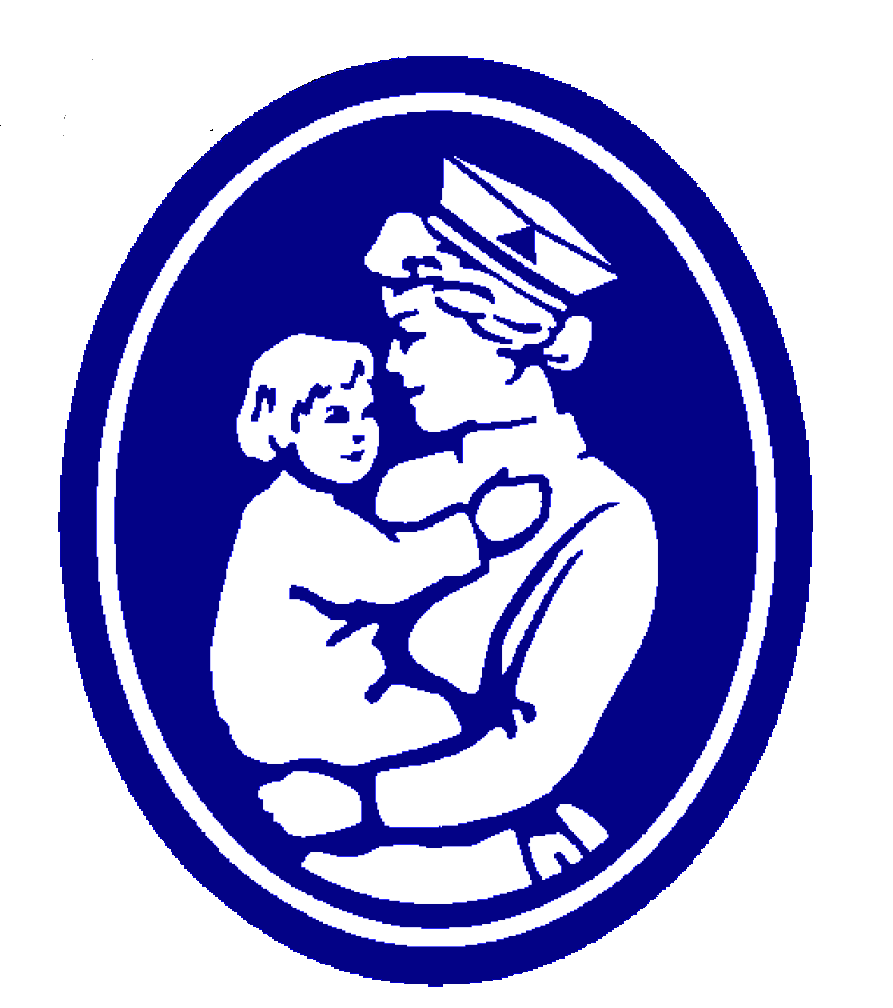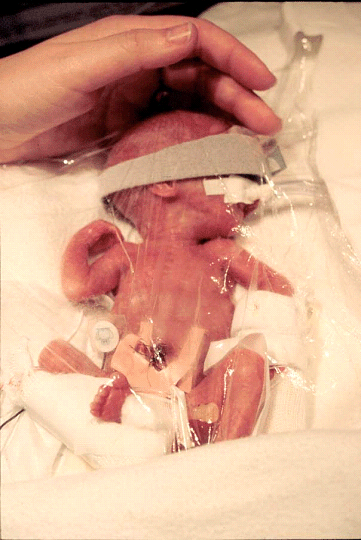|
|


Fetal/Neonatal Brain Development and Injury Group
|
Background
 The mortality rate of infants born prematurely has fallen dramatically in recent
years.
In developed countries, the survival of infants born below 1,500 grams now
approaches 90%.
However, in these survivors of prematurity the prevalence of adverse
neurodevelopmental outcome is enormous.
In fact, the greatest advances in survival have been among the sickest and
smallest infants, which is also the population at greatest risk for brain
injury.
It is not surprising, therefore, that prematurity and its complications form the
largest etiological subgroups of many neurodevelopmental disorders.
One in two newly diagnosed cases of cerebral palsy, for example, occurs in
survivors of prematurity.
Furthermore, between 25 and 50% of ex-preterm children demonstrate debilitating
behavioral or learning problems by the time they reach school age.
The mortality rate of infants born prematurely has fallen dramatically in recent
years.
In developed countries, the survival of infants born below 1,500 grams now
approaches 90%.
However, in these survivors of prematurity the prevalence of adverse
neurodevelopmental outcome is enormous.
In fact, the greatest advances in survival have been among the sickest and
smallest infants, which is also the population at greatest risk for brain
injury.
It is not surprising, therefore, that prematurity and its complications form the
largest etiological subgroups of many neurodevelopmental disorders.
One in two newly diagnosed cases of cerebral palsy, for example, occurs in
survivors of prematurity.
Furthermore, between 25 and 50% of ex-preterm children demonstrate debilitating
behavioral or learning problems by the time they reach school age.
The same advances in medical technology that allow us to support life in the
initial, critical post-natal period also allows us to investigate the ex-utero
neural maturation and neuro-pathology in Very Low Birth Weight Infants (<
1,500 g birth weight) and Extreme Low Birth Weight Infants (< 1,000 g birth
weight) during neonatal intensive care.
While our group is interested in a wide range of fundamental biological and
biomedical problems relating to the care for prematurely born infants, we are
particularly interested in identifying physiological antecedents of neonatal
brain injury, especially those pertaining to germinal matrix-intraventricular
hemorrhage.
The Team
This project brings together a powerful team of clinicians and researchers from
Boston's Children's Hospital and the Massachusetts Institute of Technology to
investigate human development and to reduce the incidence of neurodevelopmental
pathology in prematurely born infants.
|
neonate-www@mit.edu
|


 The mortality rate of infants born prematurely has fallen dramatically in recent
years.
In developed countries, the survival of infants born below 1,500 grams now
approaches 90%.
However, in these survivors of prematurity the prevalence of adverse
neurodevelopmental outcome is enormous.
In fact, the greatest advances in survival have been among the sickest and
smallest infants, which is also the population at greatest risk for brain
injury.
It is not surprising, therefore, that prematurity and its complications form the
largest etiological subgroups of many neurodevelopmental disorders.
One in two newly diagnosed cases of cerebral palsy, for example, occurs in
survivors of prematurity.
Furthermore, between 25 and 50% of ex-preterm children demonstrate debilitating
behavioral or learning problems by the time they reach school age.
The mortality rate of infants born prematurely has fallen dramatically in recent
years.
In developed countries, the survival of infants born below 1,500 grams now
approaches 90%.
However, in these survivors of prematurity the prevalence of adverse
neurodevelopmental outcome is enormous.
In fact, the greatest advances in survival have been among the sickest and
smallest infants, which is also the population at greatest risk for brain
injury.
It is not surprising, therefore, that prematurity and its complications form the
largest etiological subgroups of many neurodevelopmental disorders.
One in two newly diagnosed cases of cerebral palsy, for example, occurs in
survivors of prematurity.
Furthermore, between 25 and 50% of ex-preterm children demonstrate debilitating
behavioral or learning problems by the time they reach school age.